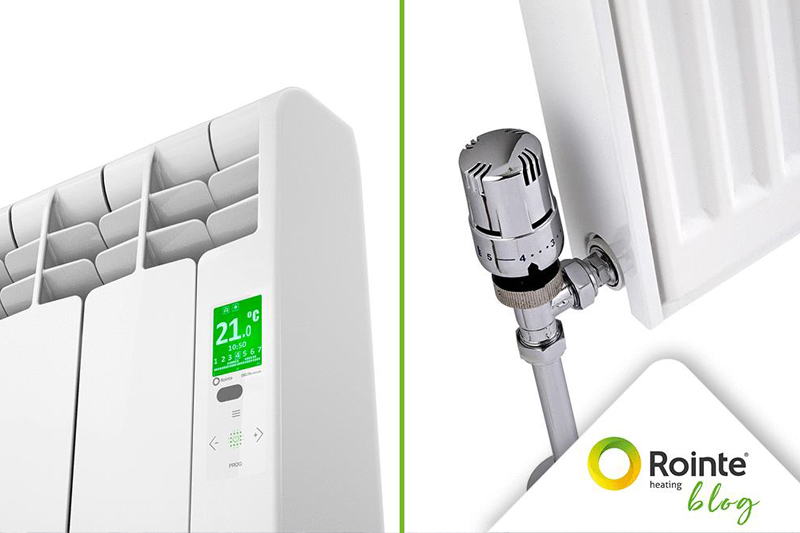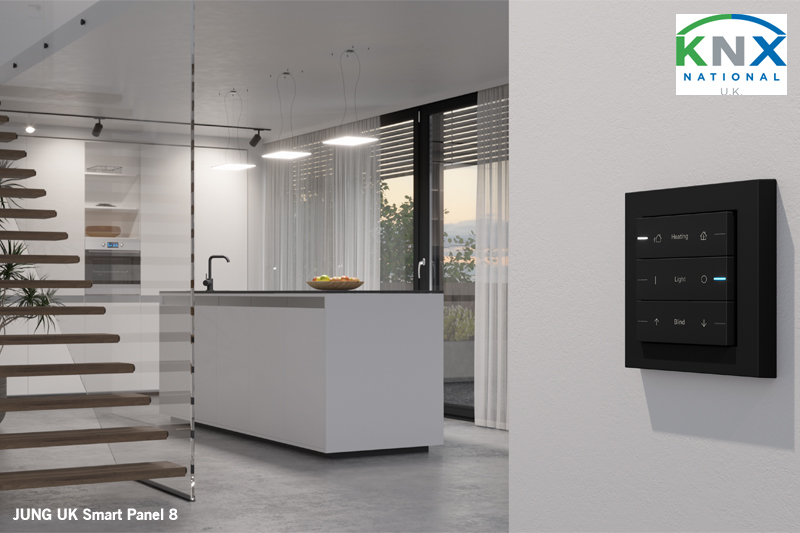For a long time, gas was considered the cheapest way of heating a property. It is the most common form of heating in UK homes, with around 8 million gas boilers sold every year in the UK. Here, Rointe looks at how electric heating has evolved and why it has become more popular amongst homeowners.
Electric heating has evolved into an energy efficient alternative, with all the advantages of the old storage heaters but none of the disadvantages. The shift away from gas is gaining momentum – supported by a number of crucial factors:
- Legislation – new Government policy determines that all new homes should meet a minimum EPC level C.
- Costs – installation costs for gas-based systems are much higher than electric heating and do not last as long on average.
- Technology – electric heating technology is increasing in capability but reducing in price.
- Ecological awareness – consumers are more aware of the need for clean and efficient heating systems that help create a sustainable home.
Electric benefits
Electric heating is incredibly versatile as it can be used for both air and water products. Moreover, with a whopping 64.7% of energy used in EU households going towards heating, it is more important than ever to ensure your heating solution is energy efficient, which is where electricity comes in.
The latest developments in electric heating include effective and fast components, new innovative thermal elements and amazing, state-of-the-art programming. Some of the main advantages of electric heating over gas includes:
Safety and noise
Electric heaters are generally safer than gas as they do not burn fuel to generate heat. This eliminates risks such as carbon monoxide emissions and explosions.
Gas systems can be far noisier than electric due to the hot water rushing through the pipes. Gurgling, kettling, dripping, creaking, banging and even tapping are common with gas hot water systems.
Ecological
The new Lot20 regulations stipulate that all space heaters that consume energy (electricity, gas or liquid) with a nominal heat output equal to or greater than 250W, must comply with a minimum energy efficiency standard.
Gas is a ‘fossil’ fuel, which means it was formed from the remnants of living matter from millions of years ago. Even though it is the cleanest of the fossil fuels, it is still the UK’s biggest greenhouse gas emissions source.
Electric heating is clean and respectful to the environment as it does not emit polluting gases or use heavy metals.
Control
With gas systems, you can program the majority to a heating schedule that suits. However, it’s not possible to separately control different radiators or rooms. They are on either according to your programming or off.
There are Wi-Fi controlled options available with gas, but these tend to be an additional, (or replacement) thermostat that needs to be purchased and fitted. Built-in Wi-Fi now comes as standard with many electric heating systems, without the need for additional thermostats or parts.





